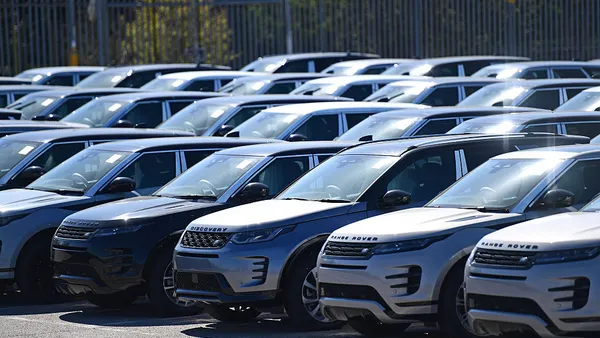Editor's note: This story is part of the WardsAuto digital archive, which may include content that was first published in print, or in different web layouts.
ExxonMobil Chemical Co. and its Japanese affiliate, Tonen Chemical Corp., develop a new separator-film technology for lithium-ion batteries aimed at improving the power, safety and reliability of next-generation hybrid-electric and pure-electric vehicles.
Unveiled at the Electric Vehicle Symposium and Exposition in Anaheim, CA, the separator material has the potential to improve the energy efficiency and affordability of future low-emissions vehicles, ExxonMobil says, noting the film material can be tailored to meet the needs of various manufacturers in emerging markets.
The separator film, which serves as a barrier between a battery’s positive-cathode and negative-anode terminals, is an integral part of battery-system design and is critical to overall performance. Failure of the semi-porous film in Li-ion batteries was the primary cause of excessive overheating – resulting in some explosive fires – in certain consumer electronic devices last year.
General Motors Corp., along with various other auto makers and battery suppliers, have made improved Li-ion safety one of the main concerns in developing future HEVs and EVs, such as the Chevrolet Volt plug-in HEV concept.
“One of our safety solutions improves the thermal mechanics of one of the battery’s most vital components – the separator,” says ExxonMobil Senior Vice President Jim P. Harris. “With what are essentially very thin, but critical layers of highly-engineered film, you can improve the battery’s safety performance and help make the next generation of hybrid and electric vehicles possible.”
Key to the new separator material is its production using a proprietary wet, bi-orientation manufacturing process that results in fine, highly uniform pores, the company says.
Co-extruded using special heat-resistant polymers, the new separators exhibit properties such as enhanced permeability and higher meltdown temperatures and melt integrity, which significantly improve a battery’s safety margin.
In addition, the films help maintain the battery’s mechanical integrity, while also contributing to rapid shutdown performance in the event of a failure.
ExxonMobil declines to indicate what other organizations were involved in the development of the new materials, but commits to participating in improving vehicle efficiency.
“We are investing resources to customize these new separator films to meet the specific Li-ion battery system requirements and will continue to work with all manufacturers to speed the progress of next-generation vehicles,” Harris says.











